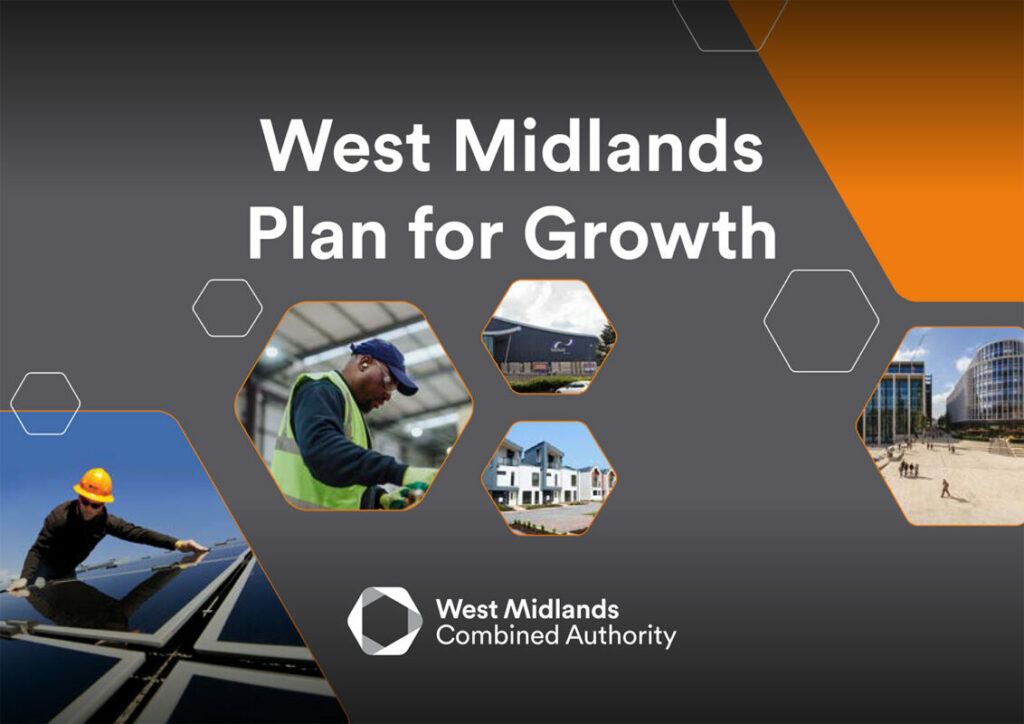The West Midlands Combined Authority (WMCA) is set to invest around £707 million in various initiatives supporting the transition to net zero.
Outlined via the organisation’s 2024/25 Budget, in which £1.2 billion has been allotted, the funding will be used to develop clean transportation solutions and zero-carbon homes, amongst other decarbonisation technologies.
Net zero homes have gained traction in the UK, particularly via Octopus Energy’s ‘Zero Bills’ homes initiative. The company has signed various agreements in recent months, such as with Bellway Homes and Vertol, to develop homes designed to deliver no energy bills for at least five years.
£194 million is earmarked for the WMCA economy, skills, and community team, which will work with local authorities to fund training courses to upskill the local population. Among various sectors, including construction and digital, emerging green industries, will also benefit from this fund and help fuel the region’s decarbonisation journey.
The need for green-skilled workers in the UK has raised alarm bells within the industry and was the centre focus of an exclusive interview conducted by Current± with Greenworkx’s Mat Ilic, CEO, and Richard Ng, CTO. You can read the full article here.
In July 2023, electric service company Centrica released The Skills for a Jobs Transition report, which highlighted that “urgent reforms of the skills system are needed for the UK to hit net zero.”
£14 million from the WCMA’s budget has also been allocated to “other net zero schemes”.
Councillor Bob Sleigh, deputy mayor and WMCA portfolio holder for finance, said: “I’m pleased we have yet again been able to protect services and put forward a balanced budget despite the uncertain global situation and cost-of-living pressures.
“We have agreed a Budget that supports our Plan for Growth which looks to build a low carbon and resilient regional economy. It also focuses on the things that are important to people like having the skills needed to get a decent job, an efficient transport network, homes that are affordable and energy efficient and other measures aimed at tackling fuel poverty and climate change.”






